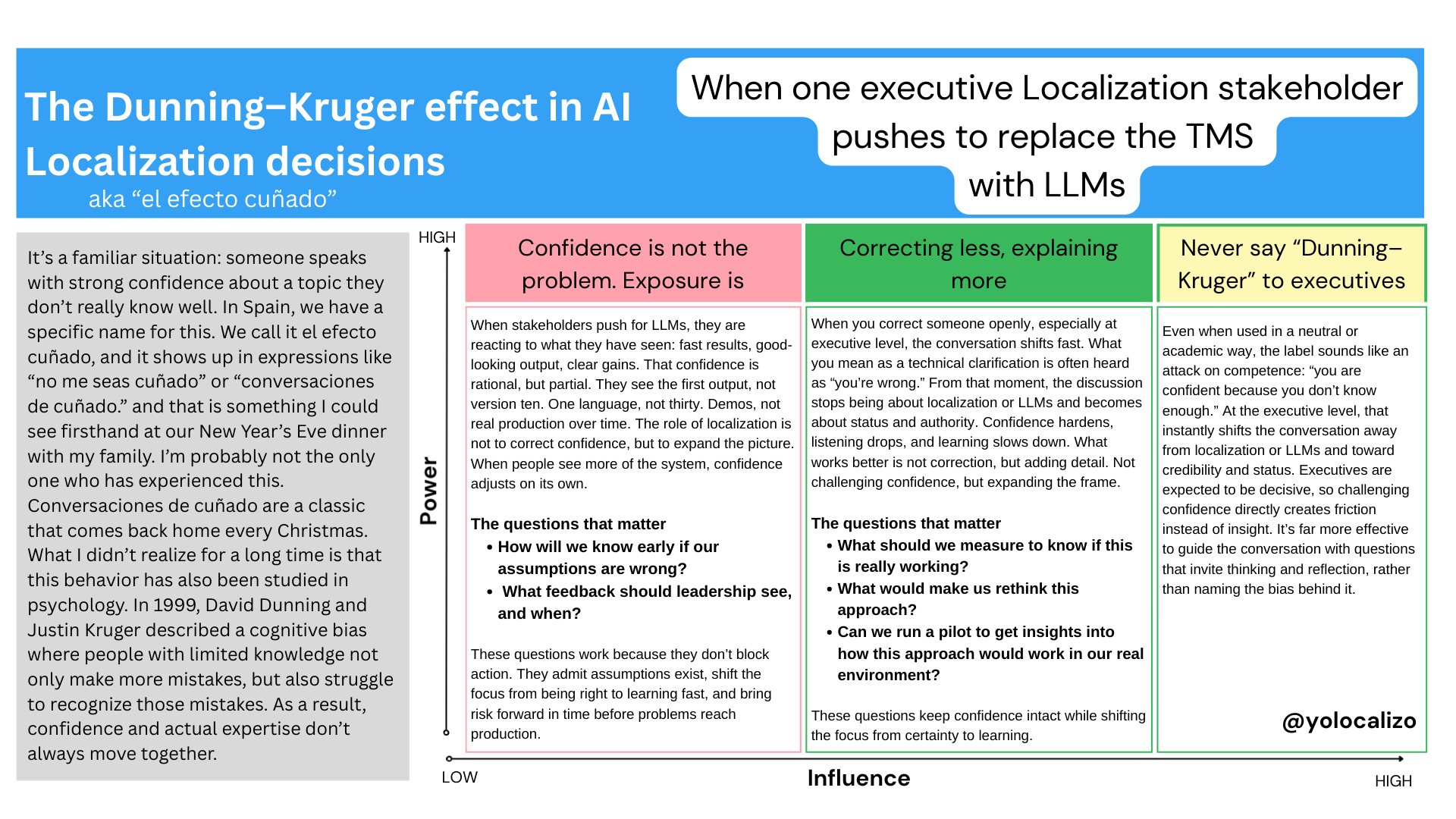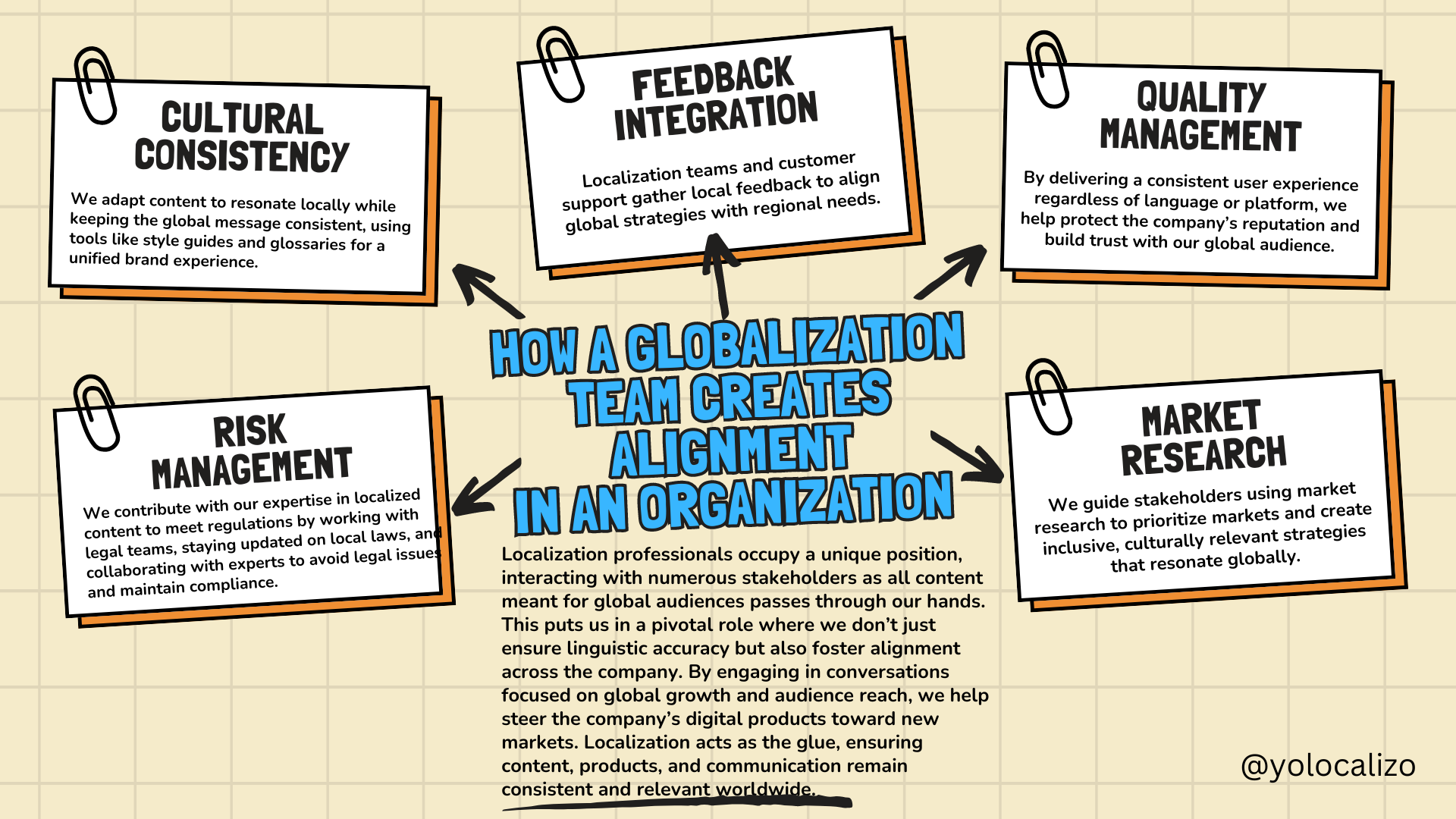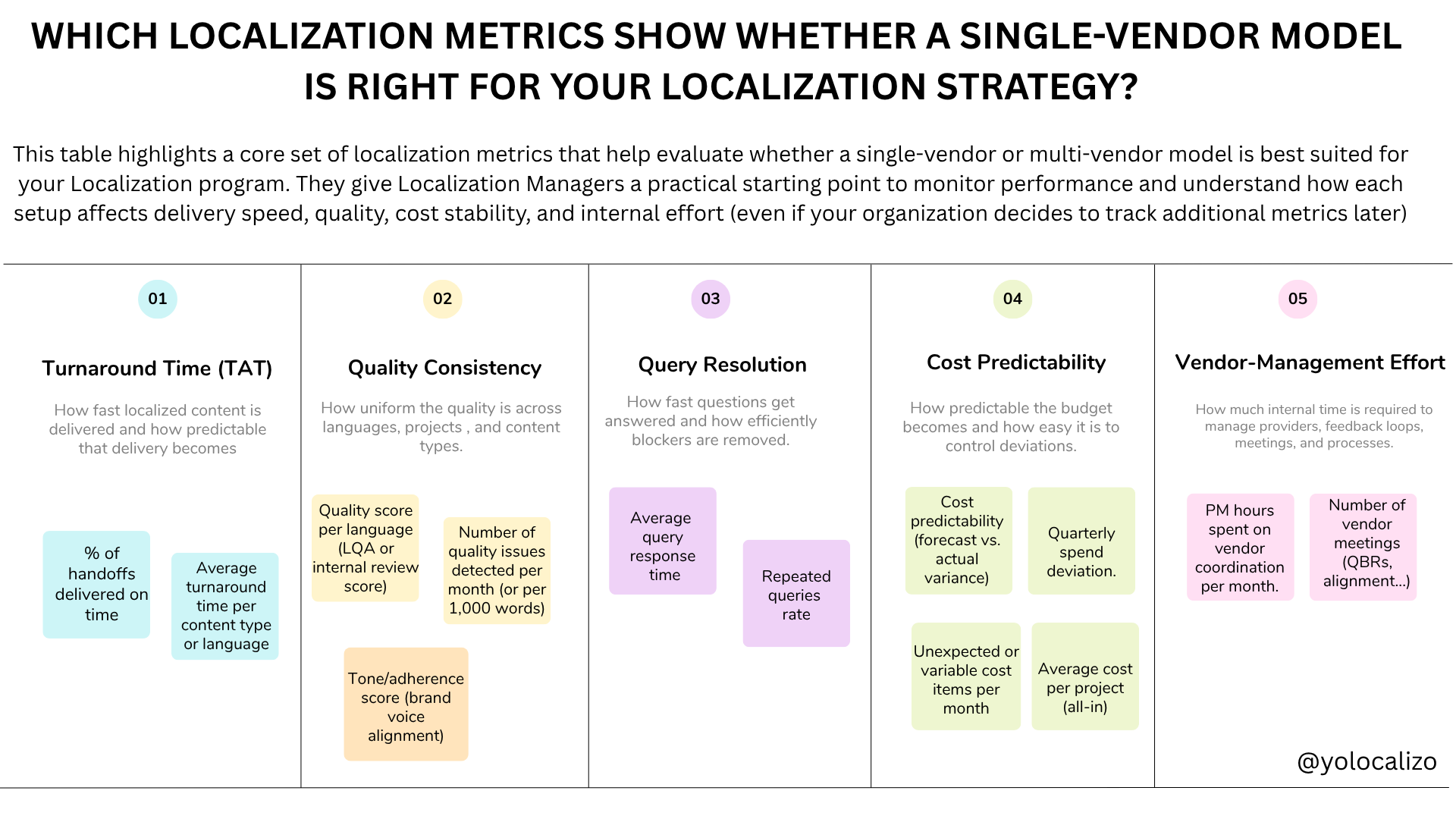How to get along with your (localization) partner?
How to get more of a relationship?
Last week I attended a Toastmasters local club to listen to different speeches competing for the Humorous Speech contest.
Speech contest is a Toastmasters tradition. I really like them. They are very inspirational, educational and this edition is also super funny!
One of the speeches that I enjoyed the most it was about the relationships in a couple; very hilarious examples!
The title was How to get along with your partner. Mission (im)possible? ... and as I was listening to the speech something stuck in my head.
To the statement that it was nearly impossible to get along totally well with your partner I thought if the same might be applicable to another special relationship ... the relationship buyer-language service provider.
Do you ever feel that you could benefit more from your relationships with your partner/client? Are we aware of whether the more energy we put in, the more we get out of any key relationship in our life?
I realized that there are 2 strong pillars for any worth it human relationships. These pillars are Transparency and Expectations. And these solid principles can be also applied to a relationship between a client and a Language Service Provider (LSP).
Keep reading and let me elaborate how transparency and expectation are key here in this special symbiosis!
Transparency
Nothing is more stressful in a relationship that hiding something. In any client-vendor relationship being transparent is crucial to establish a long time partnership. For example, a PM or a translator who’s not transparent with the deadline, or with any issue concerning the content being translated will put away any client to trust them again in the future. An open approach is a must-have condition for any good relationship.
How can we assess if we have a transparent relationship? The below 6 questions might give some clues ...
- Do my stakeholders know when the content will be delivered?
- Is it clear for the client which is the current status of the different assets being localized?
- Is the quote easy to understand?
- Do the vendors have access to the reference material/builds/prototypes etc? (Breaking news! transparency has to be a 2 ways road)
- Is there any peer to peer communication on regular basis? IM, Skype calls etc
- Is the TM analysis intuitive? Segments/leverage easy to understand?
We are in a 24/7 connected world, and with virtual teams distributed all over the world, transparency is key to build trust.
Expectations
Setting expectations are crucial in any relationship client-vendor. Agree on what we will understand as “good quality” is key to get the most of our relationship with a localization partner. And the “concept” quality is very ambiguous. My concept of quality might be different from yours. I like how Derek Sivers explained this concept in his blog. Derek explained that in Korea the concept of quality is more related to brand new, in Japan will be zero defects, in China, it will be associated “to give status” while maybe for me is something “well-built”.
In the localization relation with our partner is very important to set expectations asap and check them regularly.
- What do I want to get out from my partnership with this partner?
- How can they help me?
- How is my tolerance to mistakes? Is it 5 mistakes every 10000 words acceptable or not?
- Am I as a client willing to consider a vendor as an extension of my internal team? Or just anyone who does a translation for me?
- How are we going to deal in this relationship with the triple constraint? Scope/Time/Cost
Conclusion
As a buyer of languages services I bought localization services many many times over the last years, and I found that the answer to getting along with any partner is being transparent through consistent communication and through clear expectations of the terms of services. A vendor should be more than a group of translators that we throw them words to localize. Sharing goals and a joint approach really help to have a relationship.
What about you? Do you have any suggestions about how to get along with your (localization) partner? Has your LSP exceeded your expectations? If yes, please share your story! :)
In the meantime have a splendid week!
@yolocalizo














For a long time, localization was treated as a pure execution task: translate fast, deliver on time, and stay invisible. That model worked when content volumes were lower and speed was the main challenge. As AI becomes part of everyday workflows, this approach is no longer enough. Translation itself is not the hardest part anymore. The real challenge is deciding what content deserves attention and how AI fits into the broader content ecosystem. This shift highlights a deeper change: moving from simply translating content to actively managing it.